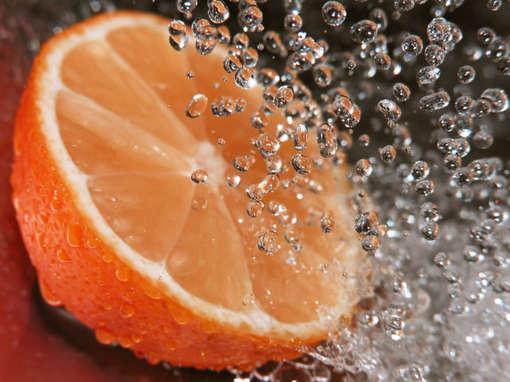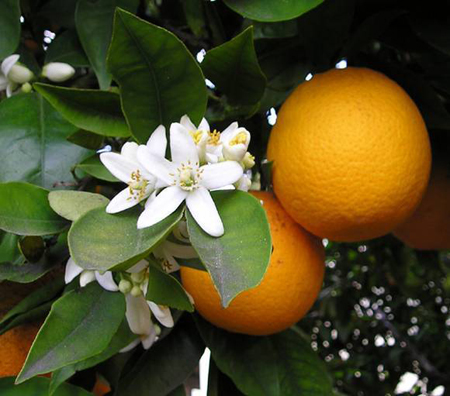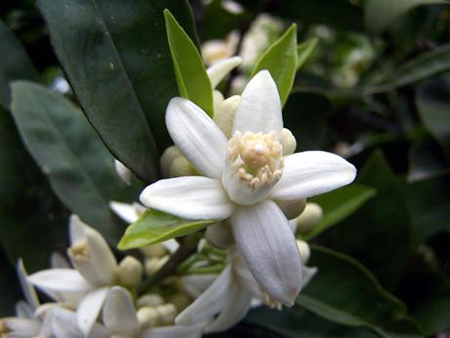
Bitter Orange Blossom Water
This post is also available in:
 Italiano (Italian)
Italiano (Italian)
“Acqua di fiori d’arancio” (Orange blossom water) is a fragrant essence from Vallebona. Along this narrow valley near the French border, orange groves have been cultivated for centuries, especially bitter orange trees (Citrus x aurantium), along with aromatic herbs. Thanks to the particularly mild climate and excellent exposure, the cultivation and collection of orange flowers for distillation soon became the main source of income in the valley.
In the past, bitter orange blossom water was also used to make the typical “Bugie” cakes, and soothe children’s stomach ache.
During the harvest, which takes place in May and lasts about twenty days, farmers used to gather also from nearby valleys and from the coast. They started early in the morning, picking the newly opened humid flowers, then gently drying them with cloth, and distilling them before it got too hot.
Unfortunately, since the 1950s, collection of real flowers and the very art of distillation have been replaced by chemical technologies, capable of producing much cheaper artificial flavours and essences. That centuries-old tradition was, therefore, lost. Those oranges, no longer cared for, were destroyed by three historical frosts in 1969, 1970 and 1985. The latter wave of extremely harsh weather literally burned the few remaining trees.
In 2004, Pietro Guglielmi, heir of the founding family of one of those historic distilleries (this one actually opened in 1856, but closed in the early 1960s), decided to try his luck with oranges once again – he planted 150 trees and hoped for the best. Today, he’s managed to extract that precious blossom water using a stream of steam, rather than the old-fashioned copper stills. His production is still limited, but very promising indeed. About two litres of flower water are usually obtained per each kilogram of distilled flowers. Local, homemade pastry can thus benefit from this rare ingredient.
The water of bitter orange flowers has recently become a “Slow Food Presidium”, protected by the Carige Foundation – Progetto Mare Terra di Liguria, with the aim of returning this particular cultivation to the terraces of Vallebona, involving local farmers.
This post is also available in:
 Italiano (Italian)
Italiano (Italian)
Contatti
Imperia(IM)



